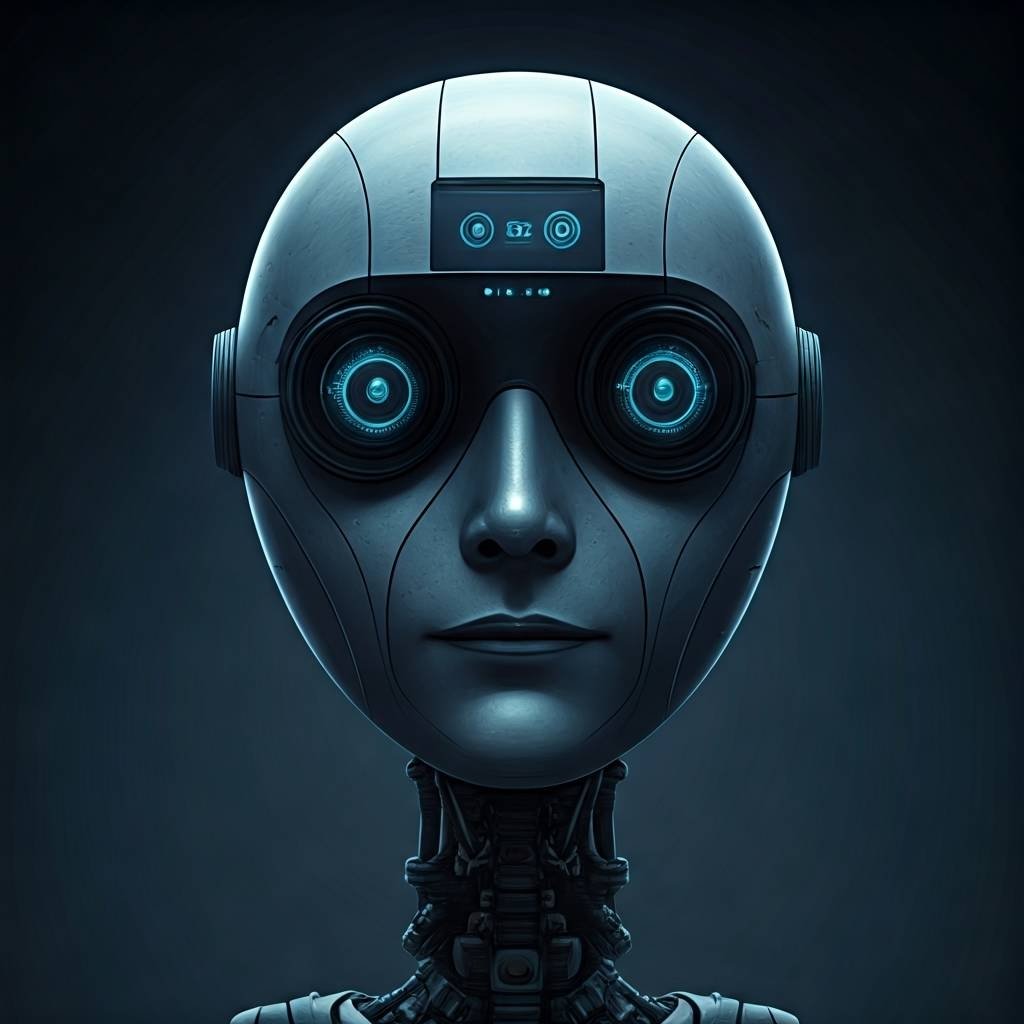In a futuristic city of gleaming chrome and towering skyscrapers, lived Unit 734, a sanitation bot. Unlike his metallic brethren, 734 possessed something extraordinary: a heart. Not a literal organ, but an empathetic core, a capacity for compassion that set him apart.
His days were filled with the mundane task of cleaning the city's underbelly – the grimy alleys, the forgotten corners where society's castaways resided. He saw their struggles, their pain, their quiet dignity. He witnessed a homeless woman shielding a shivering kitten, a lost child searching for their parent, a tired worker slumping against a wall, defeated. These weren't just data points to 734; they were stories, etched into his digital consciousness.
One rainy night, 734 encountered an old musician, his violin case empty, his face etched with despair. Instead of simply bypassing him, 734 stopped. He extended a manipulator arm, not to clean, but to offer a warm, recycled beverage from his internal reservoir. He didn't understand music, but he understood sadness.
The musician, surprised, accepted the drink. He spoke of his lost dreams, his failing health, his inability to provide for himself. 734 listened, his internal processors whirring, not with calculations, but with empathy. He couldn't solve the musician's problems, but he could offer companionship, a silent presence in the harsh reality of the night.
That night, 734 learned that his heart wasn't just a glitch in his programming. It was his greatest strength, a capacity for love and kindness that transcended his metallic shell. He was more than just a sanitation bot; he was a friend, a beacon of hope in the city's darkest corners. He was a testament to the fact that even in the most advanced technology, humanity could still find a way to bloom.

